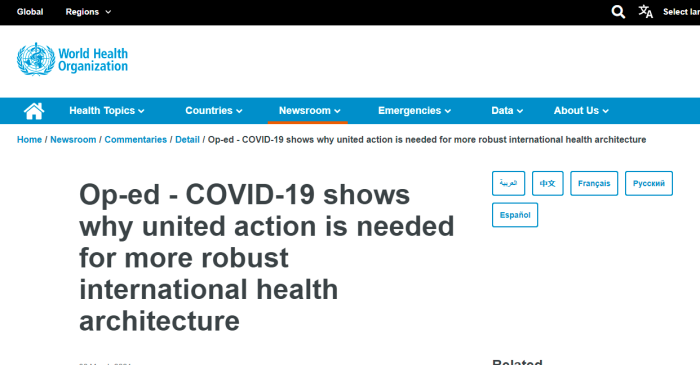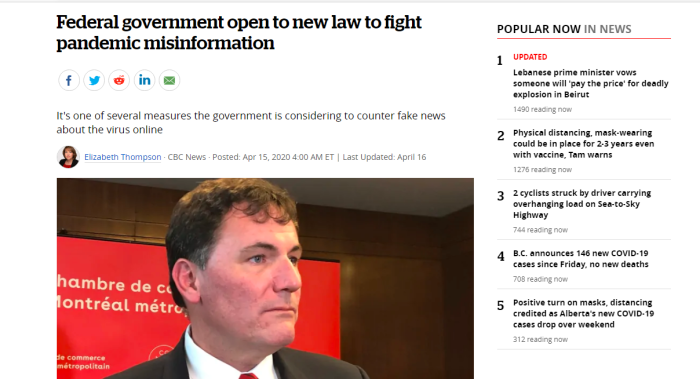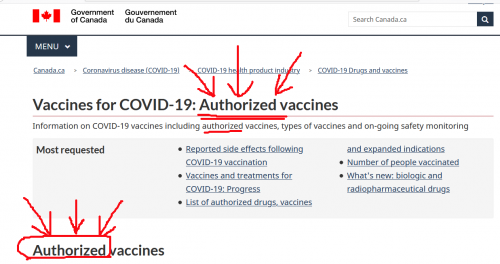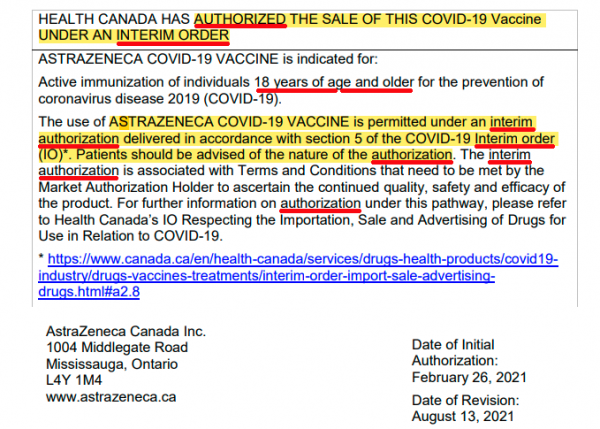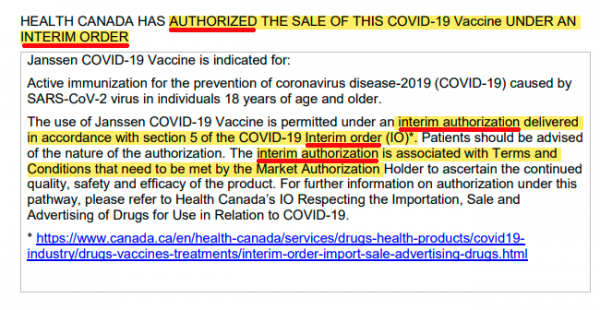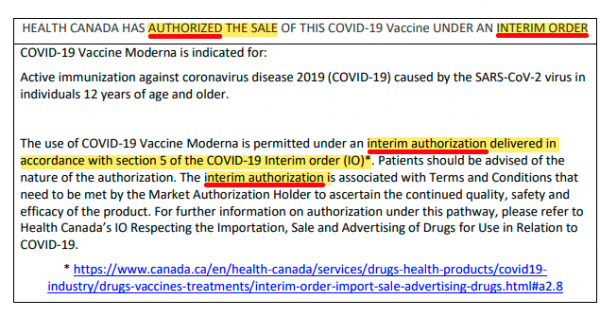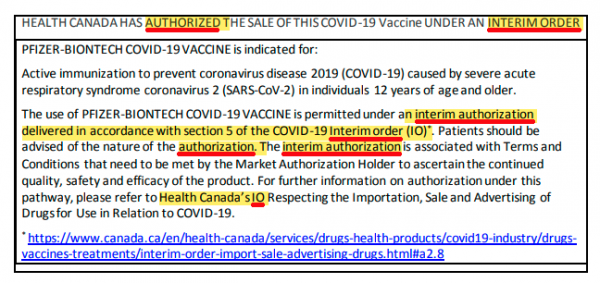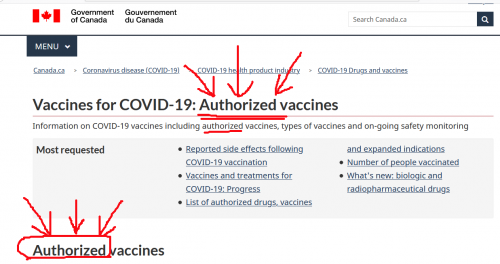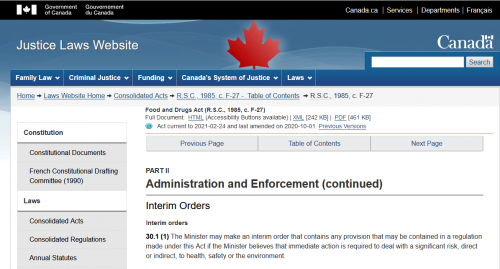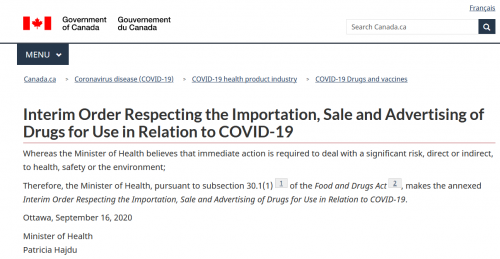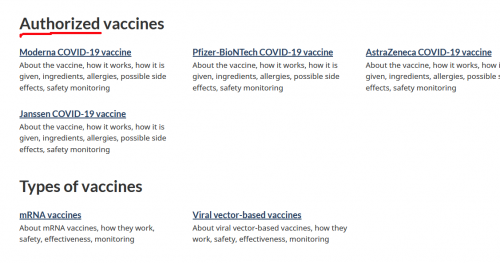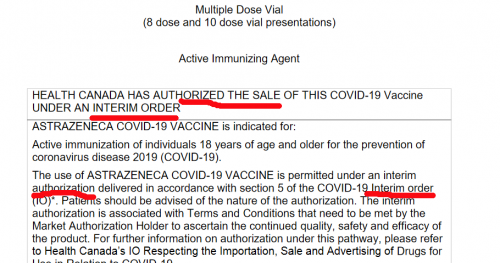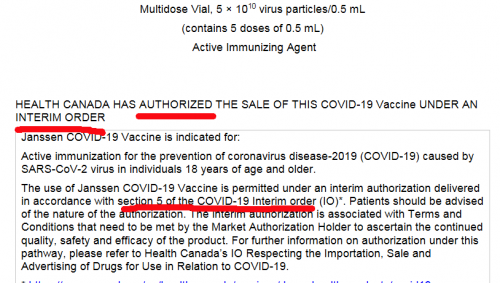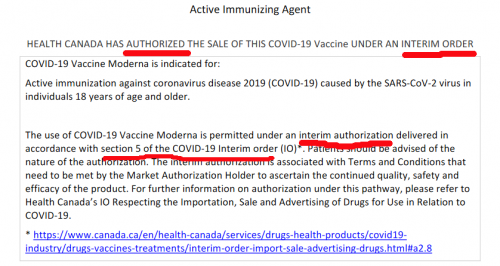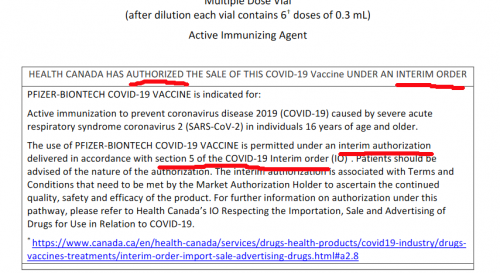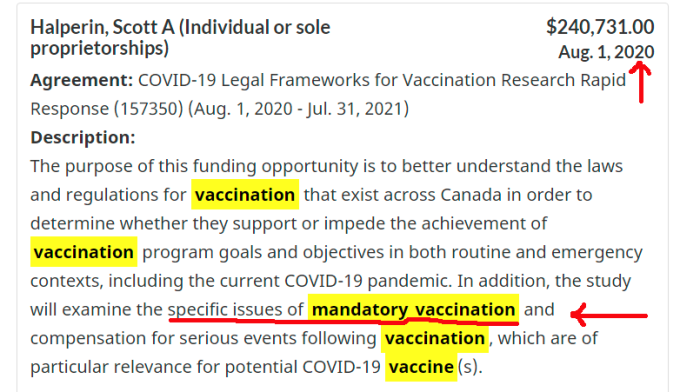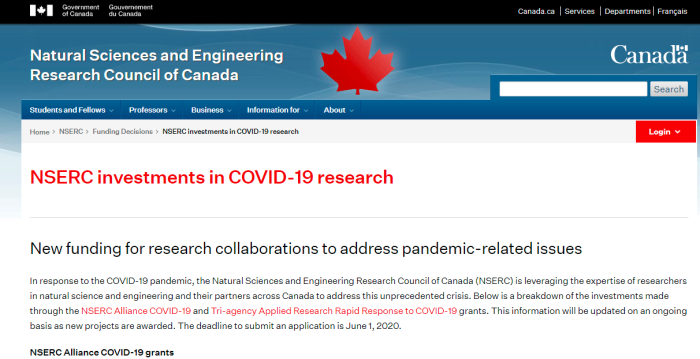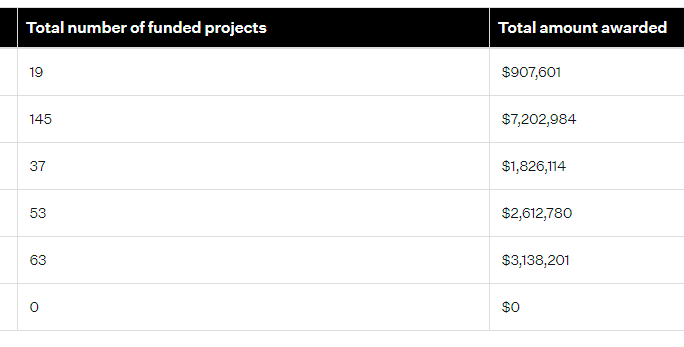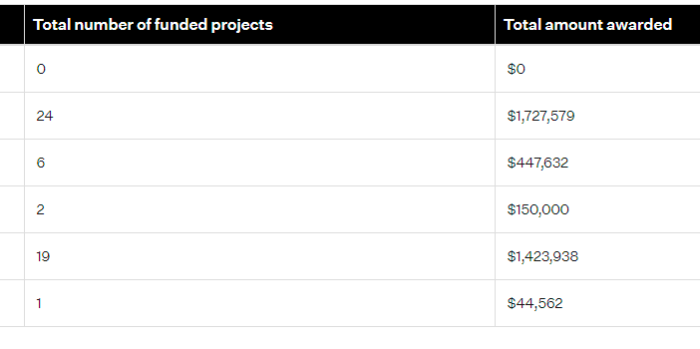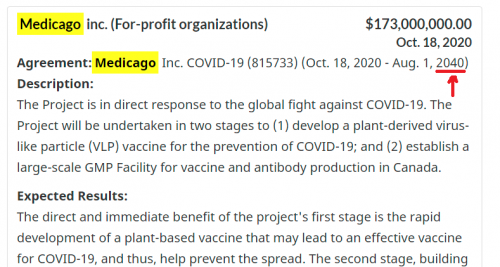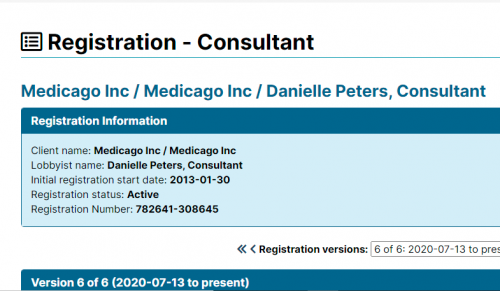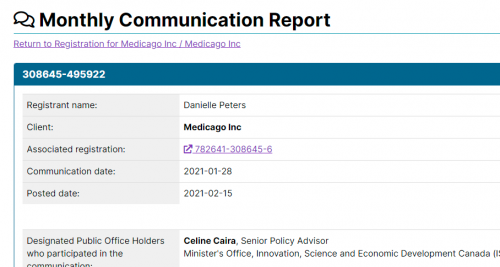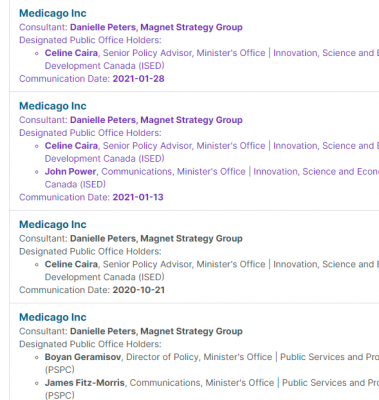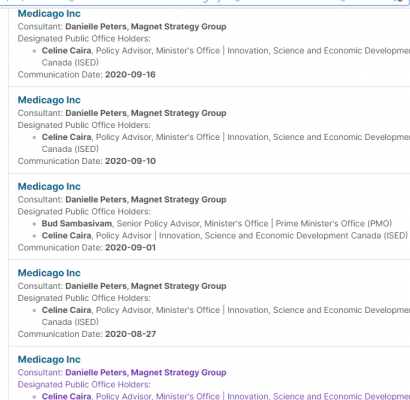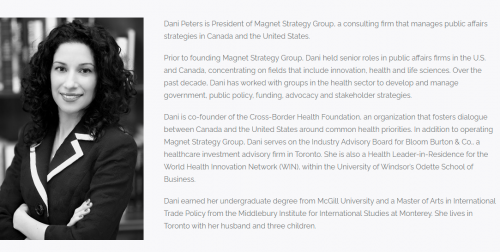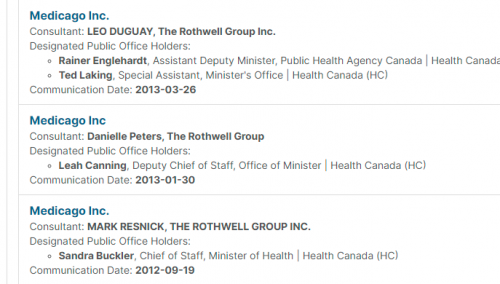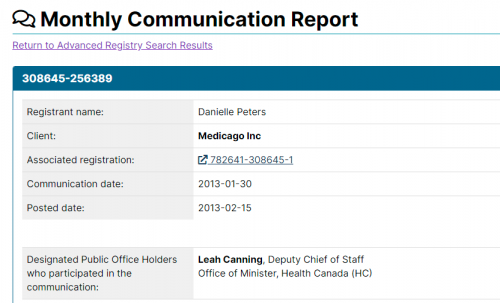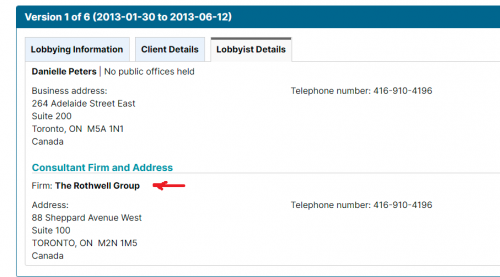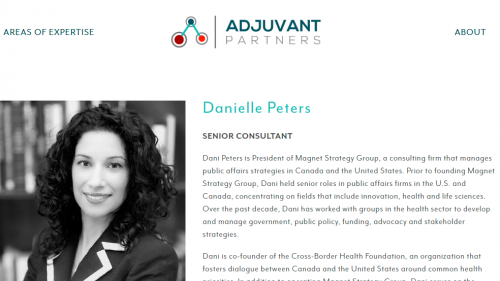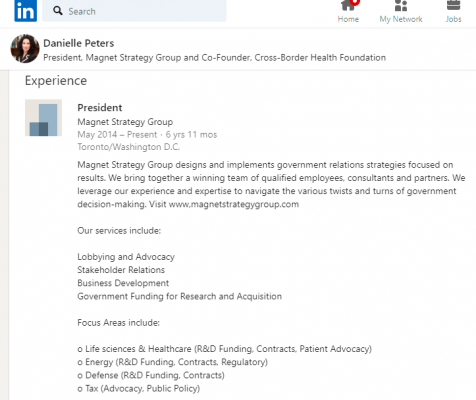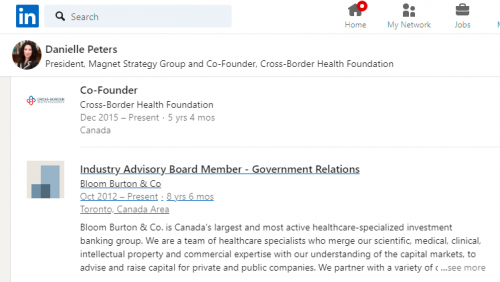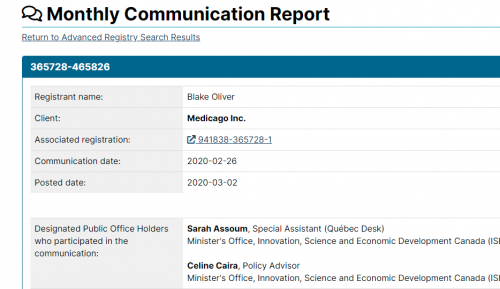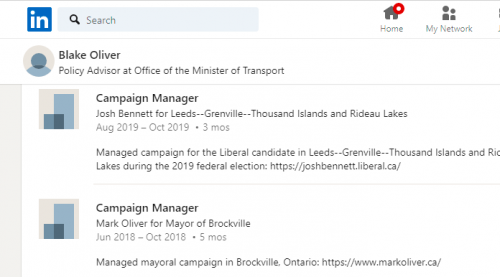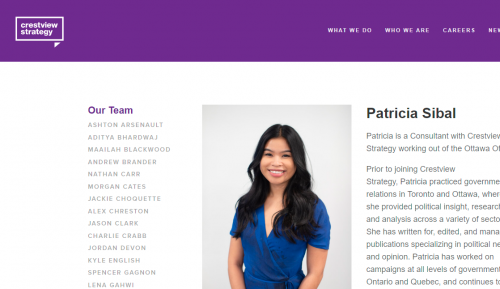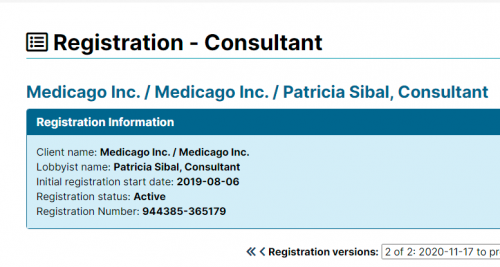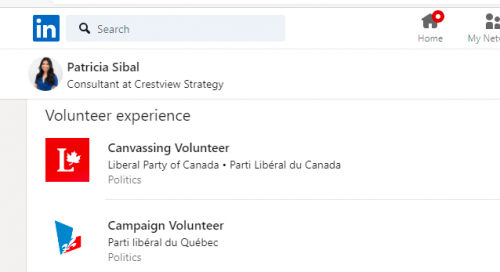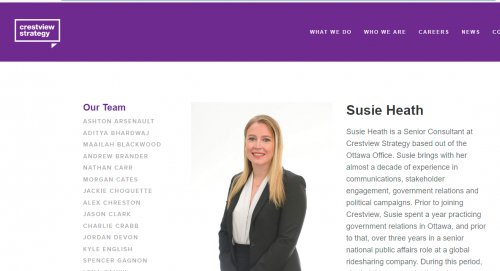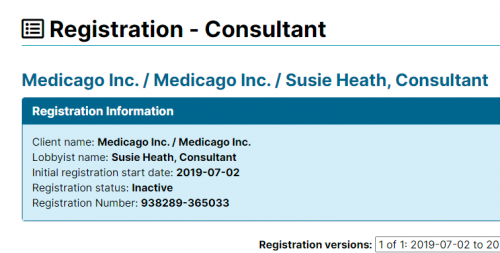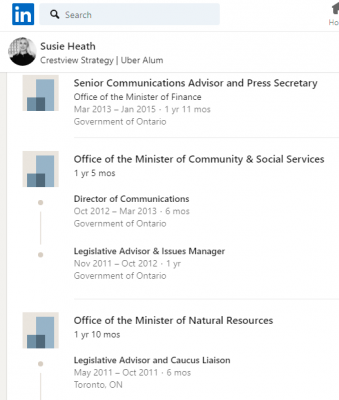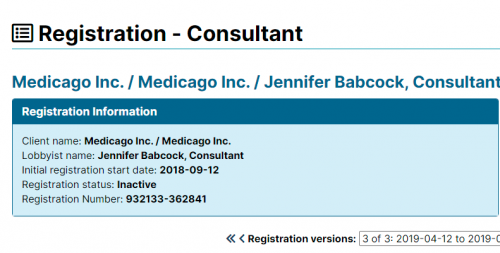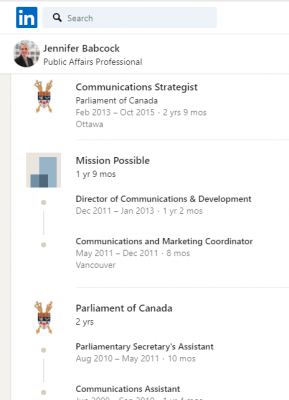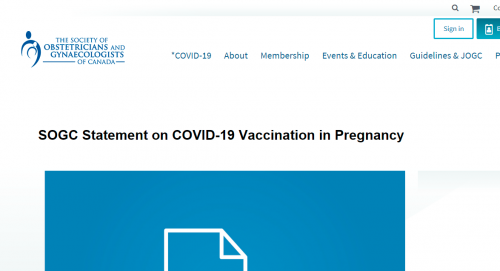
Bad medical advice is all too common. However, several “reputable” health authorities seem content to raise the stakes even more. They recommend — or at least don’t oppose — vaccinating pregnant women, despite openly admitting a serious lack of testing and longitudinal studies.
1. Who Are These “Reputable” Organizations?
- World Health Organization
- American Society of Obstetricians & Gynaecologists
- U.S. Center for Disease Control
- U.K. National Health Services
- Royal College of Physicians of Ireland
- Australian Department of Health
- Canadian Society of Obstetricians & Gynaecologists
A disclaimer: this is certainly not all of them. More organizations could easily be added to this list.
2. World Health Organization
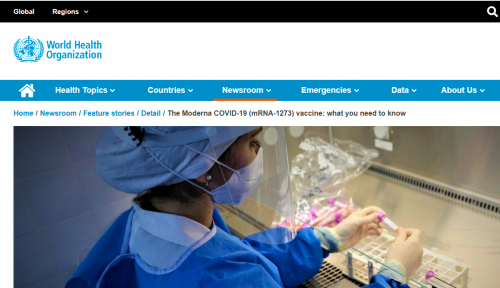
Should pregnant women be vaccinated?
While pregnancy puts women at higher risk of severe COVID-19, very little data are available to assess vaccine safety in pregnancy.
.
Nevertheless, based on what we know about this kind of vaccine, we don’t have any specific reason to believe there will be specific risks that would outweigh the benefits of vaccination for pregnant women.
.
For this reason, those pregnant women at high risk of exposure to SARS-CoV-2 (e.g. health workers) or who have comorbidities which add to their risk of severe disease, may be vaccinated in consultation with their health care provider.
The World Health Organization, or WHO, has very little data (or no data), concerning pregnant women and the risks of vaccination. Nonetheless, they don’t see a problem with this going ahead.
3. Society Of Obstetricians/Gynaecologists, US
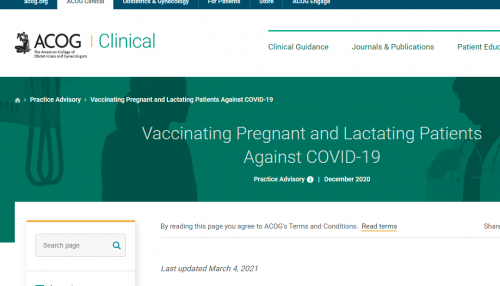
-ACOG recommends that COVID-19 vaccines should not be withheld from pregnant individuals.
-COVID-19 vaccines should be offered to lactating individuals similar to non-lactating individuals.
-While a conversation with a clinician may be helpful, it should not be required prior to vaccination, as this may cause unnecessary barriers to access.
-Vaccines currently available under EUA have not been tested in pregnant women. Therefore, limited safety data specific to use in pregnancy is available. See details about the Food and Drug Administration’s (FDA) EUA process below.
–Unfounded claims linking COVID-19 vaccines to infertility have been scientifically disproven.
-ACOG recommends vaccination for all eligible people who may consider future pregnancy.
It’s interesting that this group claims the link between COVID-19 vaccines and infertility has been scientifically disproved, considering they admit no testing has been done.
4. US Center For Disease Control
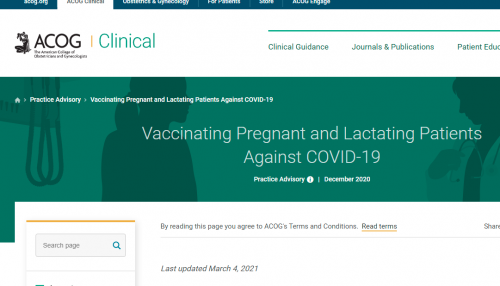
There are limited data about the safety of COVID-19 vaccines for people who are pregnant
Until findings are available from clinical trials and additional studies, only limited data are available on the safety of COVID-19 vaccines, including mRNA vaccines, administered during pregnancy:
.
Limited data are currently available from animal developmental and reproductive toxicity studies. No safety concerns were demonstrated in rats that received Moderna COVID-19 vaccine before or during pregnancy; studies of
-the Pfizer-BioNTech vaccine are ongoing.
-Researchers have studies planned in people who are pregnant.
-Both vaccine manufacturers are monitoring people in the clinical trials who became pregnant.
Getting vaccinated is a personal choice for people who are pregnant
.
People who are pregnant and part of a group recommended to receive COVID-19 vaccine, such as healthcare personnel, may choose to be vaccinated. A conversation between pregnant patients and their clinicians may help them decide whether to get vaccinated with a vaccine that has been authorized for use under Emergency Use Authorization (EUA). While a conversation with a healthcare provider may be helpful, it is not required prior to vaccination.
The U.S. Center for Disease Control (USCDC) shrugs off the vaccinating of pregnant women as a “personal choice”, despite there being no studies done on it. When they say “limited data”, it actually means that they have no data.
5. UK, National Health Services
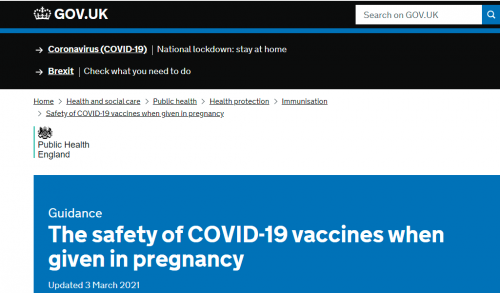
COVID-19 vaccine in pregnancy
There is no known risk with giving inactivated virus or bacterial vaccines or toxoids during pregnancy or whilst breast-feeding. However, the COVID-19 vaccines have not yet been tested in pregnancy, so it has been advised that until more information is available, pregnant women should not routinely have these vaccines. As a matter of caution, COVID-19 vaccine is therefore not routinely advised in pregnancy but there are some circumstances in which the potential benefits of vaccination are particularly important for pregnant women. This may include women who are at very high risk of catching the infection or those with certain medical conditions that put them at high risk of suffering serious complications from COVID-19 infection. In such circumstances, a woman may choose to have COVID-19 vaccine in pregnancy following a discussion with her doctor or nurse.
Evidence so far reviewed by the Medicines and Healthcare products Regulatory Agency (MHRA), the UK regulatory agency responsible for licencing medicines including vaccines, has raised no concerns for safety in pregnancy.
The data for each licensed COVID-19 vaccine in pregnancy is limited because pregnant women are not included in vaccine trials. This is not because of any specific safety concerns but as a matter of caution, like that applied to trials of most other medicines.
There is some deliberate word games here. The United Kingdown (Britain) tries to reassure the public that these vaccines are safe, while admitting that testing such as on pregnant women is non-existent. If no testing has been done, how can there be “limited evidence” available?
Also note: the UK doesn’t prohibit or recommend that pregnant women not be given this vaccine. Instead, they say that it shouldn’t COMMONLY be happening. Not the same thing.
6. Royal College Of Physicians Of Ireland
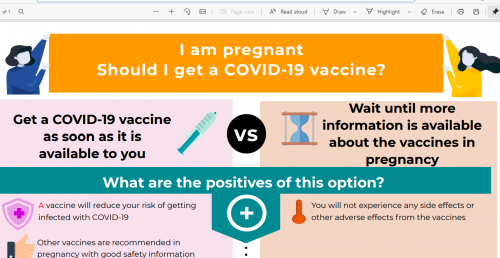
COVID-19 vaccines have not been studied in pregnancy and breastfeeding
.
You may get some side-effects from getting the vaccine.
What are the negatives of this option?
1. COVID-19 vaccines have not been studied in pregnant and breastfeeding people
We do not know for sure if there are negative impacts of giving COVID-19 vaccines in pregnancy.
However available information is reassuring and there are no current safety concerns about these vaccines in pregnancy.
2. You may get some side-effects from getting the vaccine.
Common side effects are reported in more than 1 in 10 people and include fatigue, headache, sore arm, fever and muscle or joint
pains. These are more common after the second dose and usually resolve within 2 days.
Despite not being tested on pregnant women, it is presented in Ireland as a serious option to consider. Considering all the hype about the health risks of this virus, this groups comes across indifferent as to the side effects of these injections.
7. Australian Department Of Health
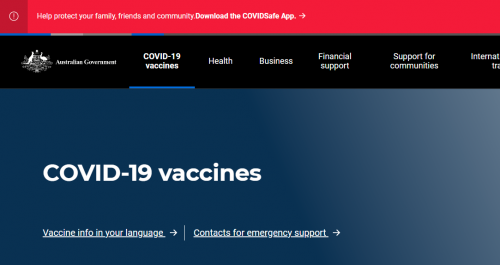
How do I know that the COVID-19 vaccine is safe?
All vaccines are thoroughly tested for safety before they are approved for use in Australia. This includes careful analysis of clinical trial data, ingredients, chemistry, manufacturing and other factors.
Can I get the vaccine if I am pregnant?
In preparation for vaccine rollout, the Australian Technical Advisory Group on Immunisation (ATAGI) is currently finalising clinical advice for health care providers on the use of COVID-19 vaccines in Australia in 2021. This is likely to include advice in relation to pregnant women. This advice will be provided as soon as it is received.
.
Clinical trials for new medicines do not typically include pregnant or breastfeeding participants. Each country that is or has hosted clinical trials for COVID-19 vaccine candidates has different guidance regarding use of COVID-19 vaccines in pregnancy based on the benefits, risks and uncertainties in the context of the prevailing pandemic situation.
Australia claims it is still finalizing its guidance. Fair enough. However, the lack of testing on pregnant women should be a huge red flag for any advice that might come out in favour of this. But that isn’t really what they are saying.
8. Society Of Obstetricians/Gynaecologists, CA
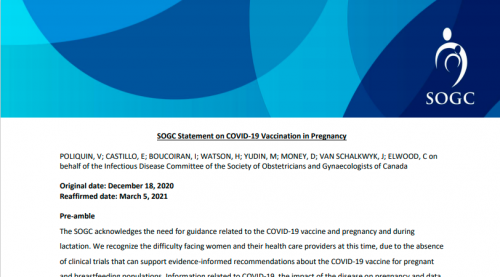
Consensus Statement: Women who are pregnant or breastfeeding should be offered vaccination at any time during pregnancy if they are eligible and no contraindications exist.
.
This decision is based on the women’s personal values and an understanding that the risk of infection and/or morbidity from COVID-19 outweighs the theorized and undescribed risk of being vaccinated during pregnancy or
while breastfeeding. Women should not be precluded from vaccination based on pregnancy status or breastfeeding.
Pregnant and breastfeeding women were excluded from the available Phase II and Phase III studies for the PfizerBioNTech and Moderna COVID-19 vaccines. However, for Pfizer-BioNTech, there were 23 individuals (12 in the vaccine arm and 11 in the placebo arm) who reported pregnancies during the trial and are being followed for pregnancy outcomes with no reports of adverse effects to date. For the Moderna trials, there were 13 women (6 in the vaccine and 7 in the placebo group) who reported pregnancies during the trial without report of adverse effects to date. Recently V-safe CDC registry which includes pregnant women reported no differences in the rates of adverse events or pregnancy complications for those women who were pregnant and received either the PfizerBioNtech vaccine or the Moderna vaccine. The Developmental and Reproductive Toxicity (DART) animal studies for the Moderna and Pfizer-BioNTech vaccines are ongoing. According to the World Health Organization (WHO) and the American College of Obstetricians & Gynecologists (ACOG), no major safety signals have been identified.
Similarly, breastfeeding women were also excluded from the Phase III trials available at present. Therefore, there is no data on the safety of COVID-19 vaccines in lactating women or the effects of mRNA vaccines on the breastfed infant or on milk production. Because mRNA vaccines are not considered live virus vaccines, they are not hypothesized to be a risk to the breastfeeding infant.
Pregnant and breast feeding women were not part of the AstraZeneca trials either. It seems that this piece of information should be front and center of any discussion or recommendation.
Decades of experience with other vaccines administered during pregnancy would suggest that we could expect a similar efficacy for the COVID-19 vaccines in pregnant women compared to non-pregnant women. Vaccines in general are immunogenic, safe, and efficacious when delivered to pregnant women. While there have been no red flags or hypothesized mechanisms for potential harm associated with the administration of an mRNA non-replicating viral vector vaccine during pregnancy, until more data is available, the potential risks of vaccination to a pregnant woman and her fetus remain unknown and only theoretical. What is known, however, is that an unvaccinated pregnant woman remains at risk of COVID-19 infection and remains at heightened risk of severe morbidity if infected compared to non-pregnant counterparts. Severe infection with COVID-19 carries risks to both maternal, fetal and neonatal health. While pregnancy itself does not appear to increase the risk of becoming infected with SARS-CoV-2, pregnant individuals may be in work-related (e.g., health-care worker, front line workers etc.) or community situations (e.g., caregiver, indigenous communities, outbreak setting, etc.) where the risk of infection is considerable. Owing to maternal age or underlying comorbidities, some pregnant women are at high risk of severe COVID-related morbidity.
So we don’t actually have any data on pregnant women being studied. But looking at OTHER vaccines, we assume the risk is similar.
NACI has advised “that a complete vaccine series with a COVID-19 vaccine may be offered to pregnant individuals in the authorized age group, without contraindications to the vaccine, if a risk assessment deems that the benefits outweigh the potential risks for the individual and the fetus, and if informed consent includes discussion about the absence of evidence on the use of COVID-19 vaccine in this population (Discretionary NACI Recommendation)”.
We recommend that pregnant and breastfeeding women who are eligible for the COVID-19 vaccine due to exposure risk, medical status, or other circumstances should be able to make an informed decision by having access to up-to-date information about the safety and efficacy of the vaccine (including clear information about the data that is not yet available) and information about the risks of COVID-19 infection for them. The concern around vaccination in the absence of evidence of safety in pregnancy has been debated in the literature. The PREVENT Working Group state, “the absence of evidence and the mere theoretical or even documented risk of fetal harm is generally not sufficient to justify denying pregnant women access to a vaccine in an outbreak or epidemic.” During an epidemic, the default should be to offer vaccines to pregnant women alongside other affected populations
Individuals contemplating pregnancy
For an individual planning a pregnancy, it is recommended to complete the entire COVID-19 vaccination series (where possible) to achieve maximal vaccine efficacy ahead of pregnancy. It is not known whether an individual should delay pregnancy following receipt of the vaccine and a risk-benefit discussion for those planning pregnancy should occur similar to the discussion for pregnant and breastfeeding women.
It’s recommended that women anticipating pregnancy get vaccinated first. Interesting. It seems that studies have been done on the reproductive problems, or possible sterility.
This entire article is filled with such nonsense. Pregnant women should be offered vaccination, however, the risks are downplayed, as is the lack of real testing. Also, it’s fair to assume that the overwhelming recovery rate of this “virus” is either minimized, or ignored entirely.
Section 30.1 of the Canada Food & Drug Act allows for the Health Minister to sign an Interim Order allowing untested vaccines to be approved. Public officials don’t discuss this. Nor do they mention the fact that they don’t do any testing; they just review the documentation.
In SOGC’s statement (see backup), they see nothing wrong with giving pregnant women — or nursing mothers — these “vaccines”. The reasoning behind it is convoluted and twisted.
These examples are hardly the only ones. However, it’s disturbing to see these seemingly legitimate organizations pushing vaccines on pregnant and nursing women — when they weren’t tested on them in the first place.
Like this:
Like Loading...
